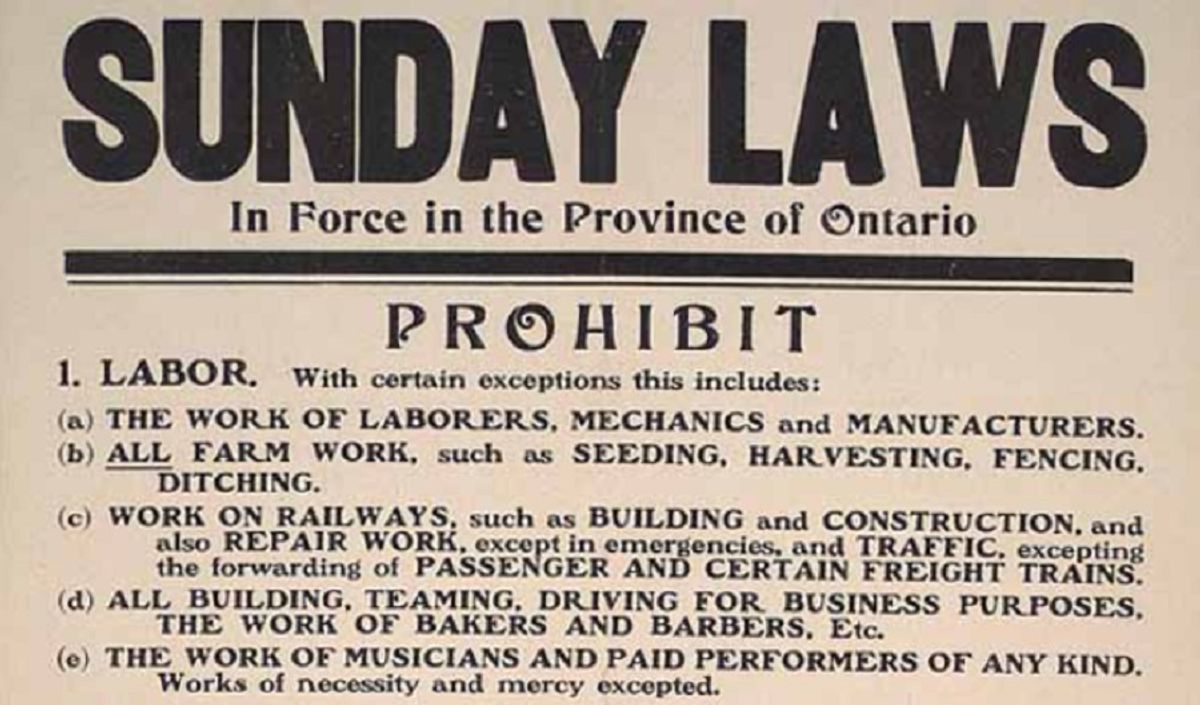So, the Massachusetts House just voted down a bill proposing to allow liquor sales on Sunday. An old set of laws from Puritan times called the Blue Laws outlawed the sale of alchohol on Sundays and a whole slew of other outdated things. Sale of liquor is not prohibited per se, but rather severely restricted on Sundays. If a town is 10 miles from the border of New Hampshire or Vermont (2 states that allow Sunday liquor sales), then their package stores are allowed to be open. Also, package stores throughout the state are allowed to be onpen on Sundays between Thanksgiving and New Year's.

What the hell kind of BS is this? I mean really. What does Jesus have to do with me wanting to get a sixer after a hard day's work on a Sunday. What if there are people spontaneously arriving to your house, and you need to do a little on the spot entertaining? What if you want the freedom to buy alchohol any day of the week you damn well please?
So I read an article about the vote, its pretty interesting. Lots of spoecial intrest groups ploying in this one. The Christians had a hand in it, as well as town who are 'privaledged' to be able to make extra tax $ by their favourable location to the border.
Boston Globe article.
Does your state or province restrict liquor sales on Tuesdays or anything like that?

What the hell kind of BS is this? I mean really. What does Jesus have to do with me wanting to get a sixer after a hard day's work on a Sunday. What if there are people spontaneously arriving to your house, and you need to do a little on the spot entertaining? What if you want the freedom to buy alchohol any day of the week you damn well please?
So I read an article about the vote, its pretty interesting. Lots of spoecial intrest groups ploying in this one. The Christians had a hand in it, as well as town who are 'privaledged' to be able to make extra tax $ by their favourable location to the border.
Boston Globe article.
Does your state or province restrict liquor sales on Tuesdays or anything like that?


Comment